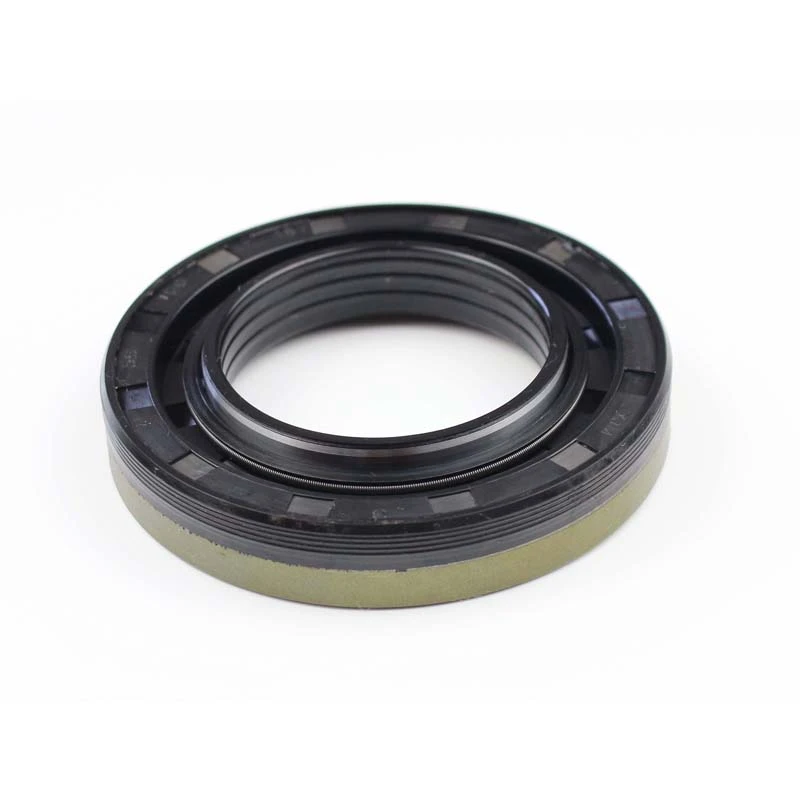Understanding the Importance of Cylinder Oil Seals in Engine Performance and Maintenance
Understanding Cylinder Oil Seals Importance and Applications
Cylinder oil seals, often referred to simply as oil seals, play a crucial role in maintaining the integrity and efficiency of various mechanical systems, particularly in engines and other machinery that operate using fluids. These seals are designed to prevent the leakage of lubricants or other fluids while simultaneously keeping contaminants out of the system. Their significance cannot be overstated, as they directly impact the performance, reliability, and lifespan of the equipment in which they are used.
What are Cylinder Oil Seals?
Cylinder oil seals are typically composed of rubber or other elastomeric materials, which allow them to effectively conform to the surfaces they are sealing. They are generally installed at the junction of rotating components, such as the crankshaft and cylinder block, where they serve to contain oil within the engine's lubrication system. These seals are crucial in preventing oil from escaping into the external environment, which could lead to decreased lubrication effectiveness, increased wear, and ultimately, engine failure.
Importance of Cylinder Oil Seals
1. Preventing Oil Leakage One of the primary functions of cylinder oil seals is to prevent oil seepage. Oil is essential for lubricating engine components, reducing friction, and maintaining operational efficiency. A damaged or worn seal can lead to oil leaks, resulting in inadequate lubrication and potential engine damage.
2. Contaminant Exclusion In addition to retaining lubricant, cylinder oil seals also act as barriers against dirt, dust, and other contaminants that could negatively impact the engine's performance. By preventing these particles from entering the lubrication system, oil seals help maintain the cleanliness and integrity of the engine oil.
cylinder oil seal

3. Extending Equipment Life The effective functioning of oil seals contributes significantly to the overall durability of mechanical systems. By ensuring proper lubrication and preventing contamination, cylinder oil seals enhance the longevity of engine components, reducing maintenance costs and downtime.
4. Operational Efficiency Properly functioning oil seals are essential for the efficient operation of engines and machinery. They help maintain optimal pressure within the lubrication system, which is crucial for ensuring that all components receive the appropriate amount of oil. This efficiency translates into improved performance and fuel economy.
Applications of Cylinder Oil Seals
Cylinder oil seals are used in a wide array of applications beyond just automotive engines. They are integral to the functioning of industrial machinery, aerospace applications, and even marine equipment. In each setting, these seals are vital for maintaining fluid integrity and preventing damage caused by leaks or contamination.
In automotive applications, oil seals can be found in engine blocks, transmissions, and differentials. Their role is to ensure that the lubricants used in these systems remain contained and free from contaminants. In industrial machines, oil seals are used in hydraulic systems where fluid retention and pressure maintenance are critical.
Conclusion
In summary, cylinder oil seals are indispensable components that significantly influence the performance and reliability of various mechanical systems. Their primary functions of preventing oil leakage and contaminant ingress make them essential for maintaining operational efficiency and prolonging the life of equipment. As industries continue to evolve and technology advances, the design and material composition of oil seals are likely to improve, further enhancing their effectiveness and reliability. Ensuring that these seals are in optimal condition is crucial for any system relying on fluid dynamics, underscoring the importance of regular maintenance and monitoring.
-
Understanding Automotive Oil Seals: Essential Components for Engine and Shaft Protection
News Jul.30,2025
-
The Importance of Heavy Duty Seals in Industrial and Residential Applications
News Jul.30,2025
-
Exploring Industrial Oil Seals: From Felt Oil Seals to TTO and CFW Solutions
News Jul.30,2025
-
Essential Guide to Oil Seals: From Radial to Metal-Cased Seals for Industrial Reliability
News Jul.30,2025
-
Choosing the Right Oil Seals and Gaskets for Industrial and Automotive Applications
News Jul.30,2025
-
Cassette Seals: Durable Sealing Solutions for Harsh Environments
News Jul.30,2025
-
Understanding the Front Main Engine Seal: Purpose, Maintenance, and Installation
News Jul.29,2025
Products categories















